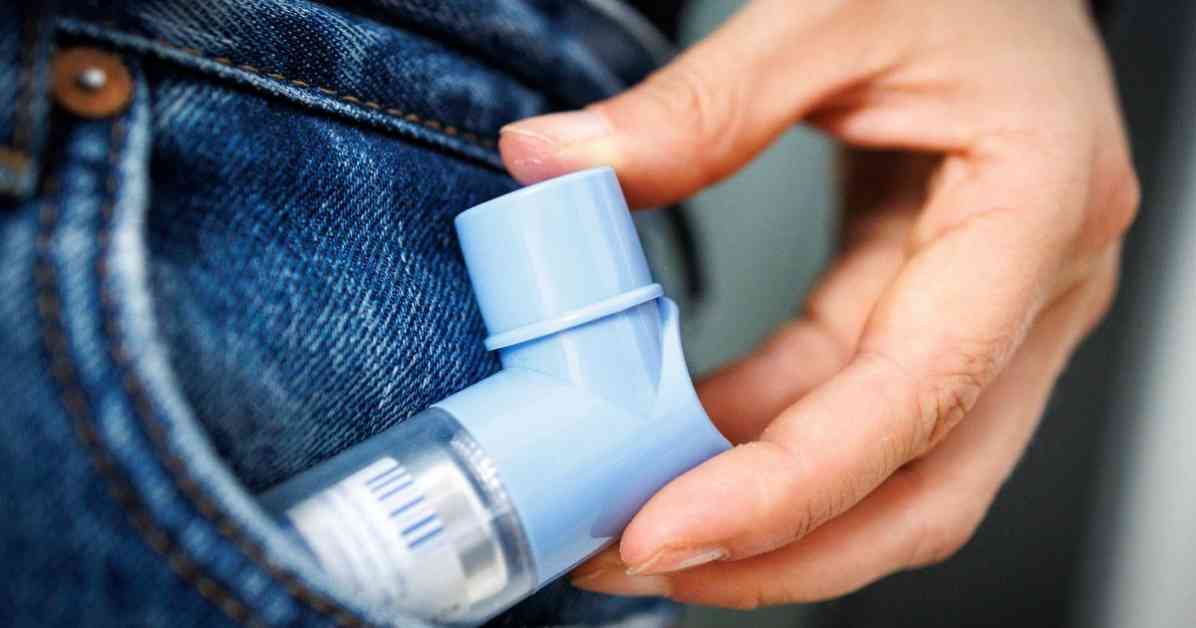The NHS has been alerted to expect an increase in the number of students experiencing asthma attacks as the weather gets colder. Recent analysis shows a significant spike in emergency hospital admissions for asthma attacks among 15 to 24-year-olds during the transition from summer to autumn. Asthma and Lung UK has pointed out that students may be especially at risk due to their living conditions, such as mold and dampness in their accommodations. The charity also mentioned that exposure to viruses and air pollution can play a role in exacerbating asthma symptoms.
One student, Chloe Fox, shared her experience of having to seek emergency care 20 times in just two years after starting university. She mentioned that her asthma had been well under control until she moved to London for her studies. Chloe described feeling breathless and terrified during sudden asthma attacks, emphasizing the impact of poor air quality in the city and the living conditions in her accommodation.
According to new analysis by Asthma and Lung UK, there has been a 69% increase in admissions for asthma attacks among 15 to 24-year-olds in September, October, and November compared to the summer months. The charity is advising students, in particular, to be prepared for the colder months by ensuring they take their inhalers as prescribed, registering with a GP, and knowing how to handle an asthma attack.
Dr. Andrew Whittamore, the clinical lead at the charity, emphasized the importance of students with asthma being proactive in managing their condition during the winter months. He highlighted that respiratory viruses are more prevalent in the colder season, and students may encounter new triggers like mold, air pollution, and smoke. Dr. Whittamore stressed the need for young people with asthma to take control of their health, especially when moving away from home for the first time.
In light of the rising trend of asthma attacks in youth, it is crucial for students to prioritize their respiratory health during the colder months. Following the advice of healthcare professionals and being proactive in managing asthma can help prevent emergency situations and ensure a better quality of life for students with asthma. By taking necessary precautions, such as getting flu vaccinations, updating asthma action plans, and carrying inhalers regularly, students can better protect themselves from the risks associated with asthma attacks during the winter season.













